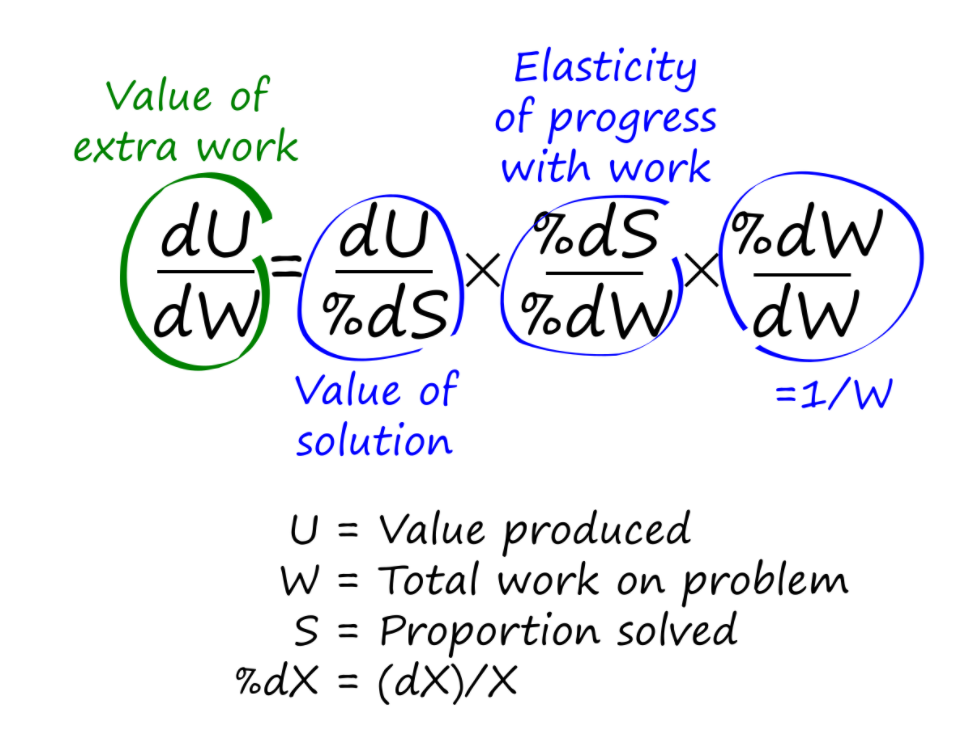“The challenge for us is this: How can we ensure that, when we try to help others, we do so as effectively as possible?”
Effective altruism is about answering one simple question: how can we best improve the world?
Most of us want to improve the world. We see suffering, injustice, and death and feel moved to do something about it. But figuring out what that “something” is, let alone actually doing it, can be a difficult and disheartening challenge. Effective altruism is a response to this challenge.
As an ongoing research question, effective altruists try to use evidence and careful reasoning to find paths towards positive impact that are large in scale, tractable, and neglected relative to other important causes.
Yet effective altruism is not just about investigating this question, but following through with actions. To this end, EA is a community of people who strive to use our resources to change the world for the better — whether it be through careers that tackle pressing problems or donations to the world’s most effective charities.
HUEA’s Theory of Change
Through intro fellowships, speaker events, and socials, we cultivate members’ interest in effective altruism while naturally fostering a supportive network of friends as they explore their life and career paths
Through research initiatives and career resources, we provide structured opportunities for members to clarify their cause prioritization and develop practical skills and knowledge they can immediately apply as they begin their careers and work to address the world’s most pressing problems.
Graduating members of HUEA leave with both a strong commitment to pursuing careers aligned with effective altruist principles and the skills and knowledge necessary to succeed in those paths.
Through these efforts, we expand the pipeline of individuals tackling the world’s most pressing problems and prepare them, both theoretically and pragmatically, to succeed in those endeavors from the undergraduate level onward.




